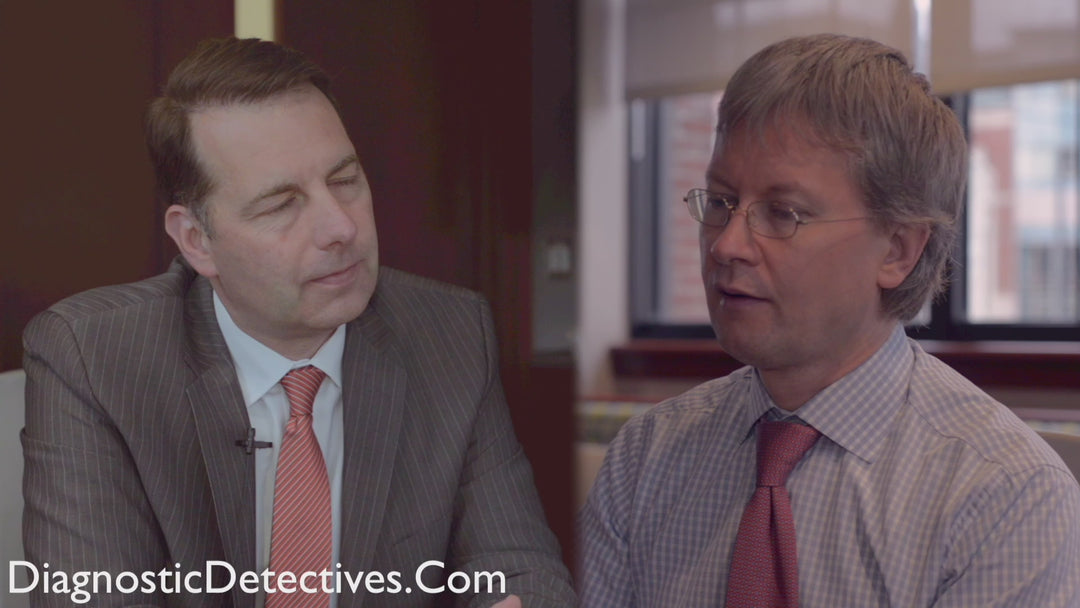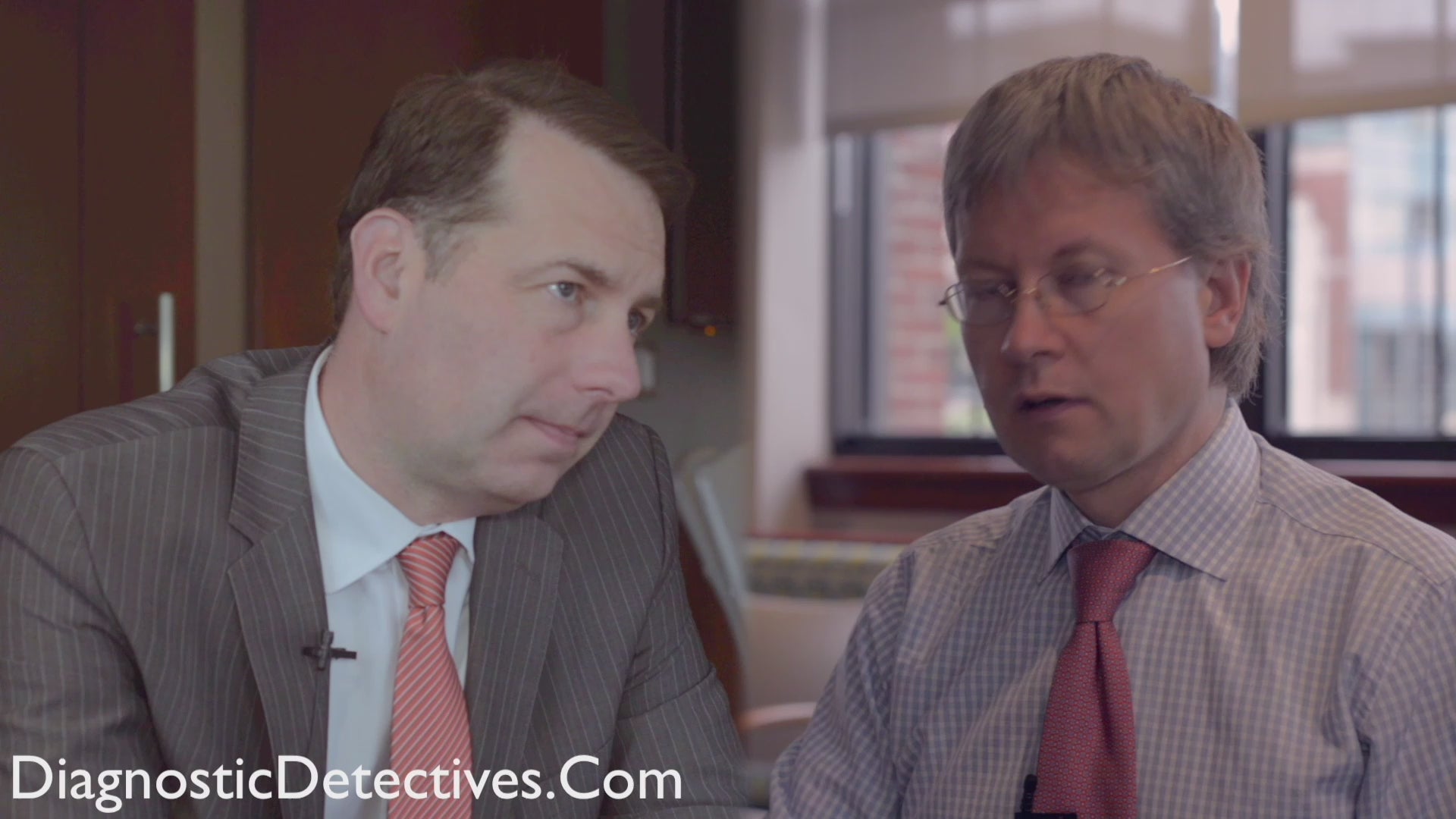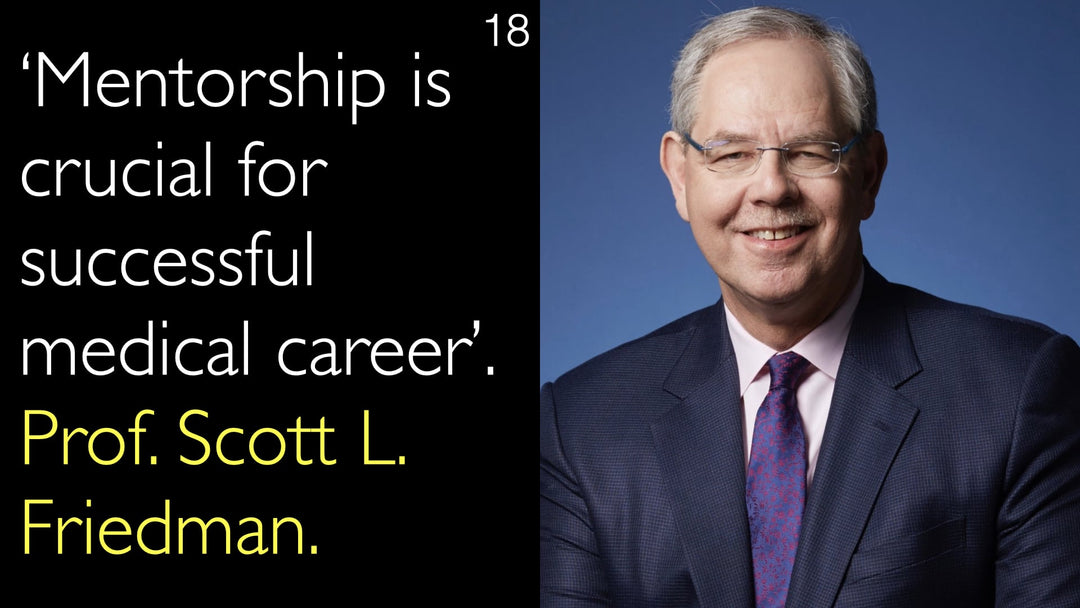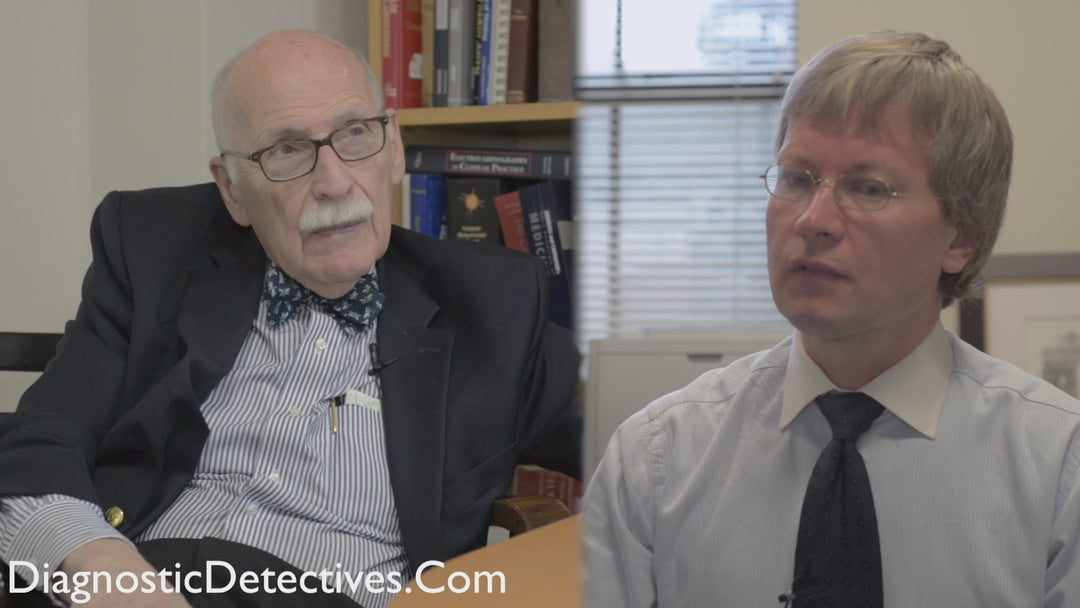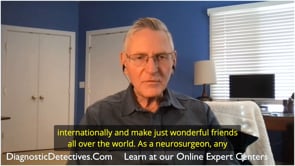Leading expert in cardiac surgery training, Dr. Marc Pelletier, MD, explains the modern approach to educating future heart surgeons. He details the apprenticeship model that builds knowledge and technical skill over many years. Dr. Marc Pelletier, MD, discusses the challenges of training on increasingly complex patients and with minimally invasive techniques. He emphasizes the importance of graded responsibility and maintaining trainee confidence to produce safe, competent surgeons.
Modern Cardiac Surgery Training: Building Safe Surgeons for Complex Procedures
Jump To Section
- The Cardiac Surgery Apprenticeship Model
- Core Components of Surgical Training
- Progressive Technical Skill Development
- The Challenge of More Complex Patients
- Training in Minimally Invasive Techniques
- The Critical Importance of Program Volume
- Full Transcript
The Cardiac Surgery Apprenticeship Model
Cardiac surgery training operates on a unique apprenticeship model. Dr. Marc Pelletier, MD, describes this process as taking tremendously smart young surgeons under the wing of experienced mentors. This model differs significantly from internal medicine training, which is more intellectually and patient assessment-based. The surgical apprenticeship focuses intensely on developing hands-on technical competence over a six to eight-year period.
The ultimate goal, as explained by Dr. Pelletier, is to produce a cardiac surgeon who can operate independently and safely. The true test of successful training is when an attending surgeon can leave and feel confident that the trainee can handle any necessary procedure competently. This requires a long-term commitment from both the trainer and trainee to master the complex craft of heart surgery.
Core Components of Surgical Training
Dr. Marc Pelletier, MD, outlines two fundamental pillars of cardiac surgery education. The first is acquiring a comprehensive knowledge base. Trainees must know everything about their patients, including who should be treated, who should not, and what treatment options exist. This intellectual foundation is critical for sound surgical decision-making.
The second and most crucial component is developing technical proficiency. Surgeons must emerge from training as safe technical operators who can perform procedures correctly. They need to master fundamental skills like protecting the heart, stopping the heart, performing coronary bypasses, and replacing heart valves. According to Dr. Pelletier, they don't need to be superstars, but they must perform these operations safely and very well.
Progressive Technical Skill Development
The development of surgical skill follows a carefully graded progression. Dr. Marc Pelletier, MD, explains that trainees begin by observing operations in the operating room. Initially, they might place a few sutures here and there under close supervision. Gradually, they progress to performing small parts of an operation, then larger portions as their skills develop.
Over years of training, surgeons reach the point where they can perform entire operations from start to finish with minimal supervision. This progressive responsibility is essential for building both competence and confidence. Dr. Marc Pelletier, MD, emphasizes the importance of not giving trainees tasks they cannot handle, ensuring they maintain confidence while steadily increasing their skill level.
The Challenge of More Complex Patients
Modern cardiac surgery faces the significant challenge of treating increasingly complex patients. Dr. Marc Pelletier, MD, notes that cardiac surgery has evolved into a different specialty compared to 15-20 years ago. Many simpler cases that once formed the backbone of surgical training now receive alternative treatments like coronary stents or TAVR procedures.
This shift means the patients coming to surgery today present with more complex conditions that require longer, more difficult operations. Dr. Pelletier observes that comparing current patient lists to those from 15 years ago reveals this dramatic increase in complexity. Teaching residents to perform complex heart surgery on these challenging patients represents one of the greatest modern training difficulties.
Training in Minimally Invasive Techniques
Incorporating minimally invasive surgical techniques presents additional training challenges. Dr. Marc Pelletier, MD, acknowledges that while these methods benefit patients through smaller incisions, they make teaching more difficult. The limited visual field through small incisions means trainees cannot easily see what the attending surgeon is doing.
To address this challenge, Dr. Marc Pelletier, MD, emphasizes the need for good video capture capabilities in the operating room. This allows young surgeons to observe the procedure on a screen rather than trying to peer into a small two or three-inch incision. The technical difficulty of minimally invasive approaches requires innovative teaching methods to ensure proper skill transfer to the next generation of cardiac surgeons.
The Critical Importance of Program Volume
Surgical program volume has become increasingly important for effective training. Dr. Marc Pelletier, MD, explains that residents must perform a certain number of cases to achieve competency. Some cardiac surgery training programs have seen their surgical volumes decrease, which impacts their ability to provide comprehensive training.
Dr. Marc Pelletier, MD, notes that some programs have even stopped training cardiac surgery residents due to insufficient case volumes. This highlights the essential need for trainees to train at large cardiac surgery programs that can provide a broad experience with adequate patient numbers. The interview with Dr. Anton Titov, MD, reveals that program selection is crucial for acquiring the necessary surgical experience in today's evolving cardiac surgery landscape.
Full Transcript
Dr. Anton Titov, MD: Open heart surgery and minimally invasive cardiac treatments get ever more complex. How to train future leaders in cardiac surgery and interventional cardiology? Let's talk about cardiac surgery training.
I spoke to a neurosurgeon in California who said the remarkable phrase: "The genius within is the genius you can pass on."
Dr. Anton Titov, MD: You have a particular interest in training cardiac surgeons in minimally invasive heart surgery techniques. You train young surgeons in transcatheter aortic valve replacement.
Dr. Anton Titov, MD: What is your approach to the modern cardiac surgery training?
Dr. Marc Pelletier, MD: Cardiac surgery training is a bit like an apprenticeship. Our cardiac surgery residents are just tremendously smart young women and men that come and train. Surgery residents really just want to do a good job; they want to be able to master their craft.
For us, cardiac surgeons, training is a little bit different than in internal medicine. Internal medicine is very intellectually-based. It is very patient assessment-based.
For us in surgery, there is such a strong technical component. Surgery residents come, and they are under our wings. Our job is that at the end of their six or eight years of training, they are competent cardiac surgeons.
Young surgeons must be able to take care of patients. People always ask us about young surgeons: "How do I know that somebody is well trained?" We say, "Sometimes I have to go away and he's in charge or she's in charge of my patients. Are they able to do the operation that needs to be done? Can they do it safely and competently?"
That is a process that really takes many, many years. The most important thing when we are training residents is that, first of all, we have to help them acquire the proper knowledge base. They have to be very knowledgeable, comprehensively, about what they are doing.
Dr. Anton Titov, MD: Young surgeons have to know everything about the patients they are treating. They must know who should be treated and who should not be treated. Surgeons have to know what kind of options patients should be given.
Dr. Marc Pelletier, MD: But the second point is the most important. Cardiac surgery residents need to come out of a surgery training program as good, technical, safe surgeons. Surgeons need to be able to get through an operation very safely.
They need to be able to do the correct technical operation. They have to protect the heart. They have to stop the heart. Surgeons have to do the coronary bypasses. They must be able to replace the heart valve. They need to be able to technically do that.
They don't need to be superstars, but they need to be able to do it safely and very well. That process is challenging sometimes for us and for trainee surgeons.
Surgeons need to be in the operating room. They first need to watch how we do cardiac surgery. Little by little, we let trainee surgeons put in some sutures here, some sutures there. We let them do a small part of the operation, then a bigger part of the operation.
As the years and years progress, surgeons get to a point where they can really do the entire operation from start to finish. Surgeons can do it with some supervision or minimal supervision.
The challenges that these trainees are facing now is that cardiac surgery has evolved. Cardiac surgery now is a different specialty. Fifteen or twenty years ago, we were operating on many of the easy patients. Easy patients are now not coming to cardiac surgery.
Patients are having coronary artery stents. Patients may need a very simple aortic valve replacement.
Dr. Anton Titov, MD: They are now going to have a TAVR procedure. The patients that are actually having cardiac surgery now are much more complex.
Dr. Marc Pelletier, MD: I can look at my patient list now and compare it to what it was fifteen years ago. Cardiac surgery operations now take longer; cardiac surgery is more difficult.
How do you teach somebody all that complex heart surgery on difficult patients? Operations that young surgeons are doing are more complex. We used to do many more routine cardiac surgeries.
We are giving our surgery residents an opportunity to treat complex patients. Teaching surgeons to do complex operations is a challenge. Then on top of that, we are trying to add in newer surgical techniques.
There are minimally invasive surgery techniques. These new surgery methods are great for the patient. But a small incision means that it is more difficult for the surgical resident to learn new technique.
It's more difficult for the young surgeon to see what we're doing. It is more difficult for us to teach a minimally invasive heart surgery technique. This is a little bit more technically challenging; it's a little bit harder.
Dr. Anton Titov, MD: How do you incorporate new surgical methods as part of the teaching?
Dr. Marc Pelletier, MD: It's something that we struggle with all the time. For us, the goal is that we want surgical trainees to be in the operating room. We want to give young surgeons graded responsibilities as they gain more experience.
We want to make sure that young surgeons maintain their confidence. We cannot give them tasks that they are not able to do. Young surgeons must increase their level of skill as time goes on.
When we are performing heart surgery through small incisions, we must have good video capture. We must have good video capability. Therefore, young surgeons can see what we are doing on a screen.
At least trainee surgeons do not have to look into a small incision. Heart surgery incision might be two or three inches in size. Those are the challenges that we face.
You are going to see surgery training programs that are no longer training cardiac surgery residents. Because surgery residents must have a certain volume of cardiac surgery patients. Cardiac surgery residents must perform a certain number of cases.
There are probably some cardiac surgery training programs out there that have gone down in terms of their numbers of surgeries. We have seen already that some cardiac surgery programs are no longer teaching residents.
Dr. Anton Titov, MD: But large cardiac surgery programs can provide residents with a good broad experience. It is essential for where residents are going to train.


